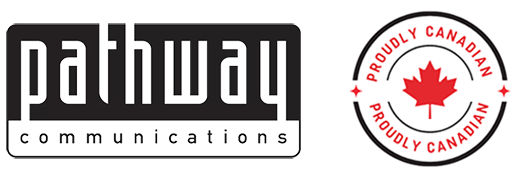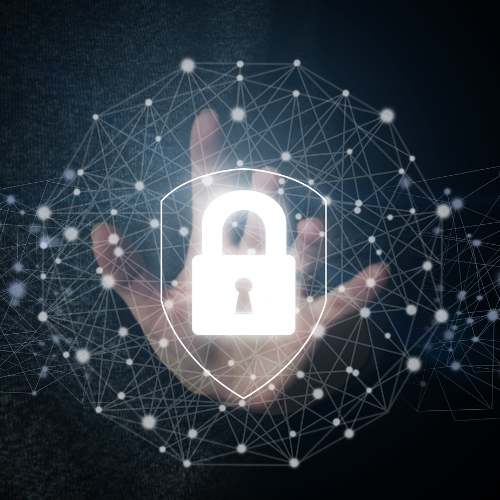Cybersecurity companies have become essential allies for businesses navigating today’s complex threat environment. From ransomware and phishing attacks to insider breaches and system vulnerabilities, the evolving nature of cyber threats demands continuous vigilance.
For Canadian enterprises, security is no longer a reactive strategy—it must be a proactive, layered defence that aligns with compliance mandates and business continuity goals.
What Cybersecurity Services Include for Enterprises
Enterprises today require more than antivirus software and firewalls. A robust cybersecurity framework encompasses end-to-end services that safeguard infrastructure, monitor real-time threats, and respond promptly to breaches. These cybersecurity solutions often include:
- 24/7 threat detection via Security Information and Event Management (SIEM) systems
- Endpoint security to protect user devices from external attacks
- Vulnerability assessments and regular penetration testing
- Access management to control who can view or modify critical systems
- Incident response planning to mitigate the impact of security breaches
Each of these components plays a crucial role in establishing a resilient security posture that can effectively adapt to emerging attack vectors.
Regulatory Compliance in the Canadian Market
Canada has precise data privacy regulations, such as the Personal Information Protection and Electronic Documents Act (PIPEDA), which places legal obligations on organizations to protect consumer data. Failing to comply can result in penalties, reputational damage, and loss of customer trust.
Effective cybersecurity programs in Canada ensure compliance by:
- Implementing data encryption and secure transmission standards
- Maintaining audit trails and documentation for regulators
- Offering breach notification mechanisms and reporting tools
- Ensuring data storage policies align with Canadian data residency laws
Security providers help businesses maintain these standards without overburdening internal IT teams.
Evaluating Cybersecurity Vendors and Technologies
Choosing the right cybersecurity partner is as important as implementing the tools themselves. Businesses must evaluate:
- Vendor experience in securing similar-sized companies or industries
- Certifications such as ISO/IEC 27001 or SOC 2 compliance
- Service-level agreements (SLAs) that define uptime and incident response times
- Technology stack used for monitoring, detection, and recovery
It’s not only about having the best tools—it’s about having the right team to configure, manage, and optimize them for the organization’s specific risk profile.
SIEM, Threat Monitoring, and Incident Response
SIEM solutions collect and analyze log data across the organization to detect suspicious behaviour. These tools offer real-time insights into possible breaches when integrated with automated threat monitoring.
Incident response is a structured process that includes:
- Detection and analysis of the threat
- Containment and eradication to minimize the spread
- Recovery and reporting to resume operations and meet compliance
These services reduce downtime, limit damage, and enable companies to learn from incidents, thereby improving their future preparedness.
Conclusion: Stay Secure with Expert-Led Protection
The sophistication of cyber threats is only accelerating. For Canadian businesses to remain resilient, they must invest in expert-led, fully integrated security services tailored to their risk landscape.
Pathway Communications delivers enterprise-grade cybersecurity solutions, including real-time threat detection, regulatory compliance support, and SIEM-driven monitoring. Our ISO-certified processes and 24/7 security operations center ensure that businesses across Canada stay protected today and tomorrow.
Contact us to build your defence strategy with Pathway’s cybersecurity expertise.



